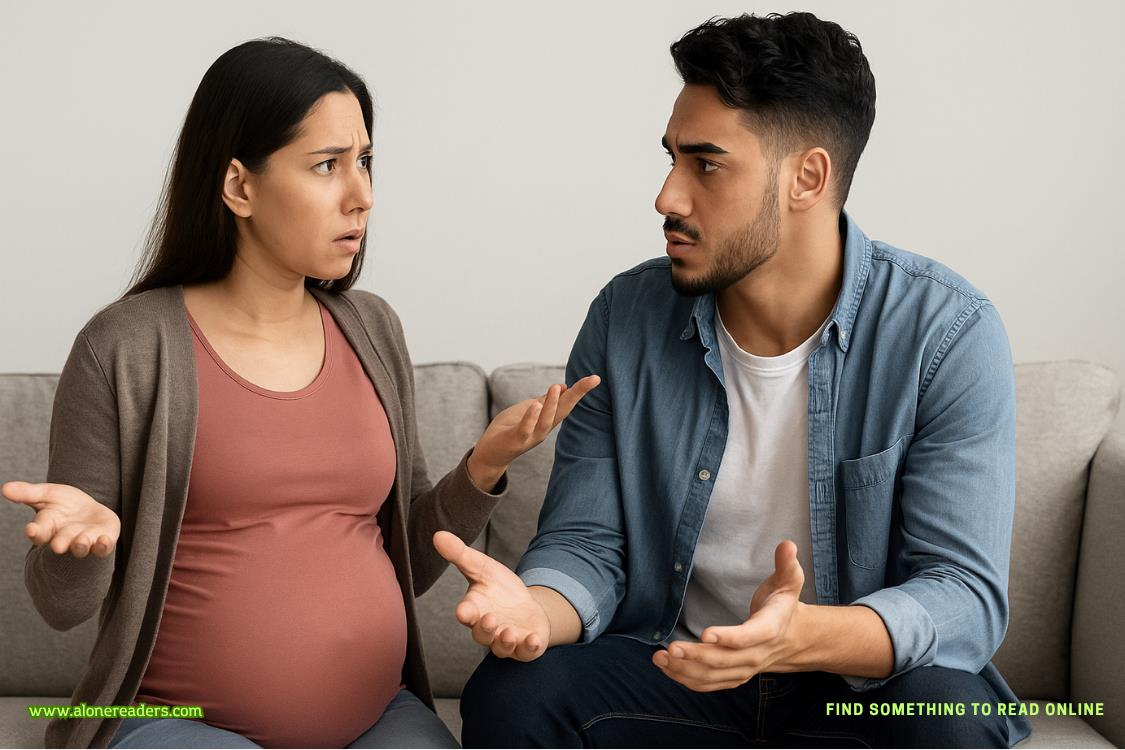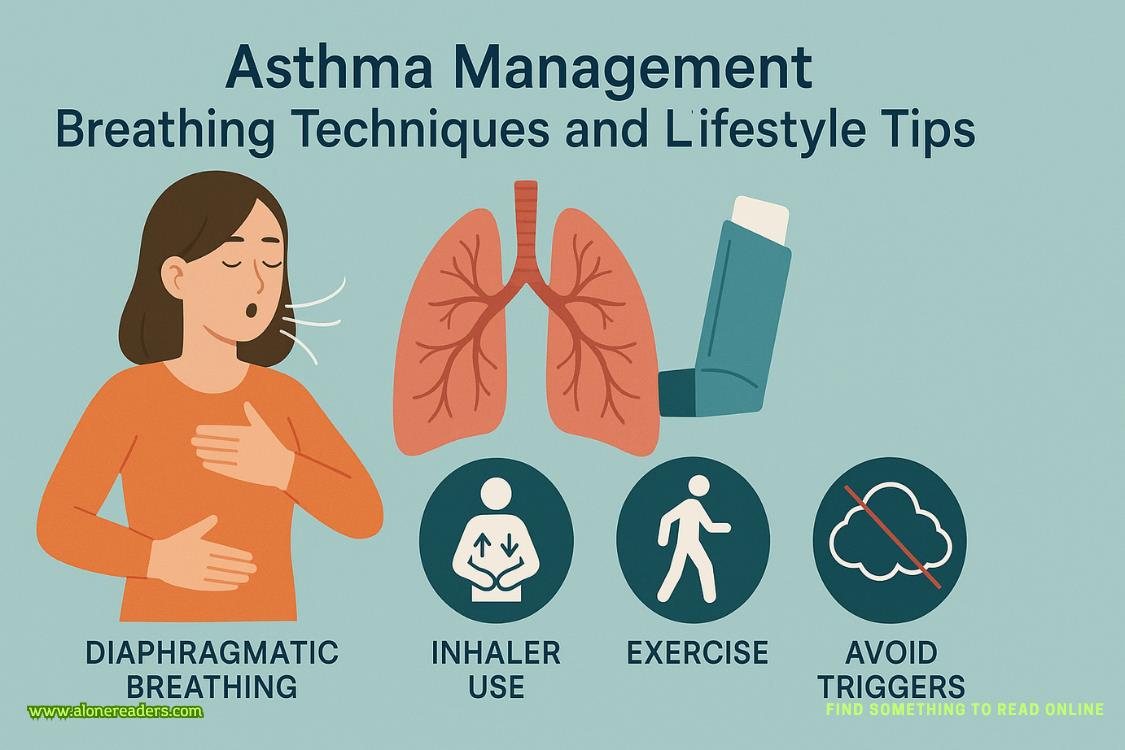It was nearly five o’clock when the last cardinal had sworn his oath. A moment later the Master of Pontifical Liturgical Ceremonies, a thin bespectacled Italian named Monsignor Guido Montini, stood before the microphone and declared softly, “Extra omnes.” Fifty priests, prelates, and Vatican-connected laity filed out of the chapel, including Alois Metzler, who was wearing his Renaissance-era dress uniform and white-plumed helmet.
“Good thing he wasn’t dressed like that last night,” remarked Gabriel.
Donati smiled as Monsignor Montini closed the Sistine Chapel’s double doors.
“What now?”
“We find a bottle of chilled wine,” said Donati. “And we wait.”
58
Sistine Chapel
The first order of business was the distribution of the ballots. Atop each were the wordseligo in summum pontificem:I elect as supreme pontiff. Next came a drawing to select the Scrutineers, the three cardinals who would tabulate the vote count. Three Revisers, who would scrutinize the work of the Scrutineers, were chosen next, followed by threeinfirmarii, who would collect the ballot of any cardinal too ill to leave his bed at the Casa Santa Marta. Cardinal Angelo Francona was relieved that none of the forty-two cardinals implicated by Luigi Donati were chosen for any of the nine positions. Though he was not a mathematician, he knew the odds of such an outcome were astronomical. Surely, he reasoned, the Holy Spirit had intervened to safeguard what little remained of the conclave’s integrity.
The preliminaries complete, Francona approached the microphone and eyed the 115 men arrayed before him. “I know it’s been a long day, but I suggest we vote.”
If there was to be a breakdown, it would happen now. A single objection would require the conclave to adjourn for the night and the cardinals to return to the Casa Santa Marta. It would be interpreted by the rest of the world as a sign of intense rancor and division within the Church. In short, it would be a disaster.
Francona held his breath.
There was silence in the room.
“Very well. Please write the name of your chosen candidate on your ballot. And remember, if a vote cannot be deciphered, it cannot be counted.”
Francona sat down in his assigned seat. The card lay before him, a pencil beside it. He had intended to follow conclave tradition and cast a complimentary vote on the first ballot. But that was no longer possible. Not after last night’s fireworks in the Casa Santa Marta. Now was not the time to flatter an old friend or patron. The future of the Roman Catholic Church was hanging in the balance.
I elect as supreme pontiff...
Francona raised his eyes and contemplated the men seated around him. Who could it be?Is it you, Navarro? Or you, Brady?No, he thought suddenly. Francona believed with all his heart that there was only one man who could save the Church from itself.
He took up his pencil and placed the tip to the card. It was customary for cardinal-electors to disguise their handwriting, and thus their vote. Francona, however, wrote the name swiftly and with his easily identifiable flourishes. Then he folded the ballot in half, twice, and returned to the microphone.
“Does anyone require additional time? All right, then. Let us begin the balloting.”
The procedure, like nearly everything else about a papal conclave, was designed to reduce the possibility of foul play. Voting was conducted in order of precedence. As dean of the Sacred College, Francona went first.
The Scrutineers were gathered on the altar, upon which stood an oversize gold chalice covered by a silver paten. Francona held up his ballot and recited aloud yet another oath.
“I call as my witness Christ the Lord, who will be my judge, that my vote is given to the one who before God I think should be elected.”
He laid the ballot on the paten and, grasping the plate with both hands, tilted it a few degrees to the left. The ballot entered the chalice cleanly. It was another sign, thought Francona, that the Holy Spirit was indeed present.
He replaced the paten and returned to his seat.
The process was deliberately cumbersome and slow, especially when performed by largely sedentary men in their sixties and seventies, a few of whom walked with the aid of a cane. Even Kevin Brady, the energetic Angeleno, required thirty seconds to swear his oath and maneuver his ballot safely into the chalice. Emmerich took his sweet time about it, as did Majewski of Kraków. The swiftest was Albanese, who dumped his ballot into the chalice as though clearing bones from his dinner plate.
It was nearly half past six by the time the counting began.With the paten in place, the first Scrutineer shook the chalice in order to mix the ballots. The third Scrutineer then counted the unread ballots to ensure there was one for each of the 116 electors. Much to Francona’s relief, the numbers matched. If they hadn’t, he would have been required to burn the ballots without tabulating them.
The ballots were now contained in a second, slightly smaller chalice. The Scrutineers placed it on a table before the altar and sat down. The arcane ritual that followed was nearly as old as the Church itself. The first Scrutineer drew a ballot and, after a moment’s hesitation, made a small but significant amendment to the last page of the preprinted list of names before him. He then handed the ballot to the second Scrutineer, who did the same. The third Scrutineer could not hide his surprise when silently reading the name. A moment later, after piercing the ballot with a needle and red thread through the wordEligo, he read the name aloud into the microphone.
A low murmur moved through the conclave. The name surprised no one more than Angelo Francona, for it was the one he had written on his ballot. His candidate was unorthodox, to say the least. Surely it was his ballot that had been drawn first. He added the name to his own list and placed a check mark next to it.
The first Scrutineer drew another ballot. Startled, he shot an anxious glance toward Francona before handing it to the second Scrutineer. He placed a checkmark on his list of names and then handed the ballot to the third Scrutineer, who impaled it with his needle and thread. The name he read aloud into the microphone was the same name as the first ballot.
“Dear God,” whispered Angelo Francona. Another murmur swept through the conclave, like the rumble of a passing aircraft. Someone else must have had the same idea.
The Scrutineers quickened their pace, ten ballots in a span of just four minutes by Francona’s watch. Three went for Navarro, one for Tardini, one for Gaubert, and five for Francona’s dark-horse candidate. He had received seven out of the first twelve votes counted, an astonishing pace. It couldn’t continue, thought Francona.















